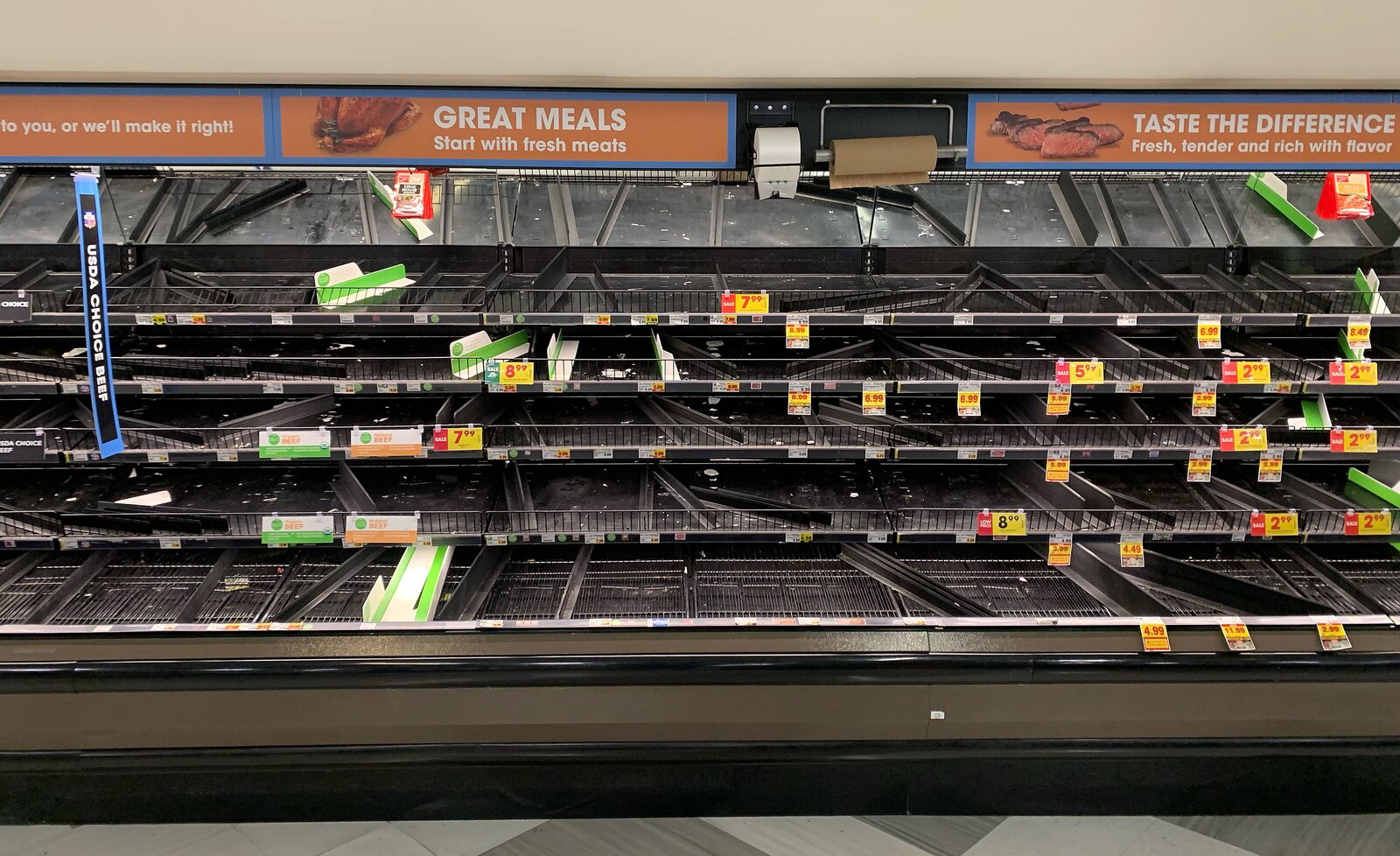Throughout the Covid-19 pandemic, up to and including the present day, shoppers have encountered the effects of everything from supply chain disruptions to pandemic-related labor constraints which have unfortunately led to grocery store shortages. Just as the effects of the pandemic are not evenly distributed around the country, though, neither are these kinds of products shortages. Retailers from Walmart to Kroger, Costco, and more have all reported similar strain at times over the past two years. But shoppers in some parts of the country encounter a seemingly full normal-looking store and product assortment. And for other shoppers? The sight of bare shelves confronts them on their latest grocery run.
This issue has now become not just a hot-button political topic of the day. It may also feed into how the midterm elections play out later this year, since anger at these shortages feeds into how people feel about the economy overall. Along these lines, one publication recently polled its readers to get a sense of the grocery shortages that are frustrating them the most. And we’ve got all the details below.
Grocery store shortages

After Eat This, Not That asked its readers to respond with the grocery store disruptions frustrating them the most? Here’s a look at the answers they got back.
Customers from around the US responded. And they pointed to shortages of:
- Cat food. “The pet-food shortage is real, and owners are scrambling,” The Wall Street Journal reported in December. Citing one pet owner: “It’s been a waking nightmare.”
- Also, cream cheese
- Dried pasta
- Refrigerated cinammon rolls
- and cold remedies, including products like DayQuil and NyQuil.
Those, again, were only the answers cited by respondents to this new poll. In recent months, other products caught up in the grocery store shortage have included wine and spirits. As well as fresh produce.
Empty shelves at stores
Regarding the latter, organizations in the North American Produce Industry in November issued a joint statement. They blamed part of the problem on “crippling” port congestion. The statement read, in part: “On behalf of North America’s fresh produce industry, we are calling for urgent government action to address significant ongoing supply chain disruptions with impacts to our food systems, economies, and ultimately individuals and families across the continent and around the globe.
“Almost two years since the start of the pandemic, substantial increases in costs and delays along the supply chain threaten our food security and the long-term economic viability of the North American fresh produce sector.”
Adam Kaat is the author of the book Life on the Grocery Line: A Frontline Experience in a Global Pandemic. In a piece he wrote for Today.com this week, he warns that these kinds of headaches won’t dissipate for a while.
“The world’s supply chain needs to have the wheels fixed, engine tuned and transmission repaired by people smarter than me. So, let’s lean into empathy and avoid cruelty in our everyday lives, because we are human and we all have our own burden to bear.”







